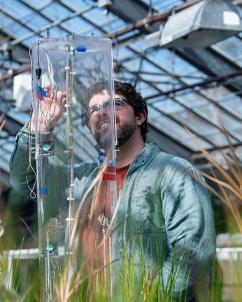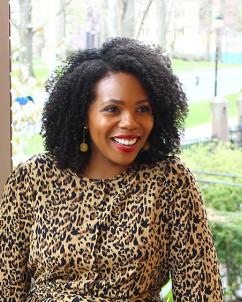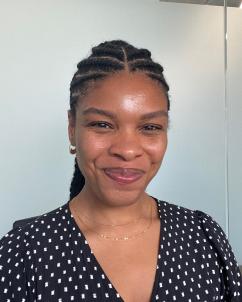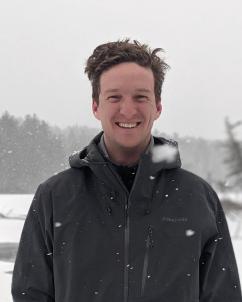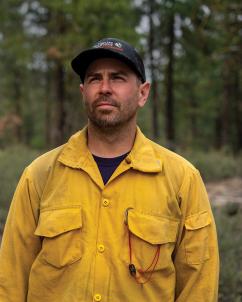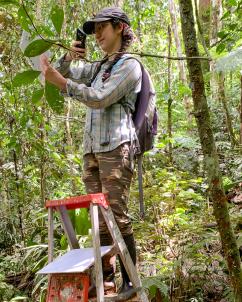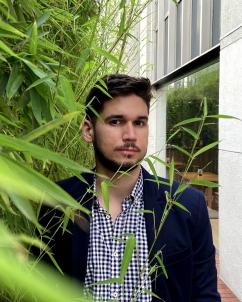Admissions
YSE students do not think small. They want to make a bold impact. Explore what YSE can offer you and what you can offer the world.
On This Page

Master’s Degree Admissions
Ready to have an impact? Whether it is at the local or global level, we help students develop the skills, knowledge, and perspective to navigate complex global environmental issues and help build a sustainable future. Learn more about the admissions process for two-year master’s degrees and joint degree programs with other schools at Yale and external institutions.

Doctoral Degree Admissions
Our doctoral program offers scholars from diverse backgrounds the opportunity to pursue a highly individualized area of inquiry under the mentorship of a YSE faculty member. The research conducted by YSE PhD candidates spans global and disciplinary boundaries — and what’s more, it is fully funded. Learn more about how to join this vibrant and dynamic intellectual community.
Earn a Non-Degree Certificate at YSE
Earn a Yale non-degree certificate in topics vital to the addressing the climate emergency and achieving a sustainable future. We offer two programs that will build your credibility as a highly skilled and well-connected professional. Learn more about admissions for our certificate programs in Financing and Deploying Clean Energy, and in Tropical Forest Landscapes: Conservation, Restoration & Sustainable Use.
Make the Most of Your Environment
Video
Learn more from alumni, students, and faculty about YSE's unique community of environmental researchers, practitioners, and educators.
Student and Alumni Impacts


YSE One-Page Fact Sheet
Download this summary document about our academic and research programs, campus, and community.
Why choose the Yale School of the Environment?

Experiential Learning
At YSE, education and training extend well beyond the classroom. Participate in our unique summer orientation program, MODs; travel widely for field research and internships; attend global conferences and climate talks such as the U.N. Climate Change Conference (COP 26).

Acclaimed Faculty
Working closely with some of the top experts in their fields is one of the advantages of a YSE graduate degree. Our faculty are committed to mentoring the next generation of environmental leaders to tackle the world’s most urgent problems.
